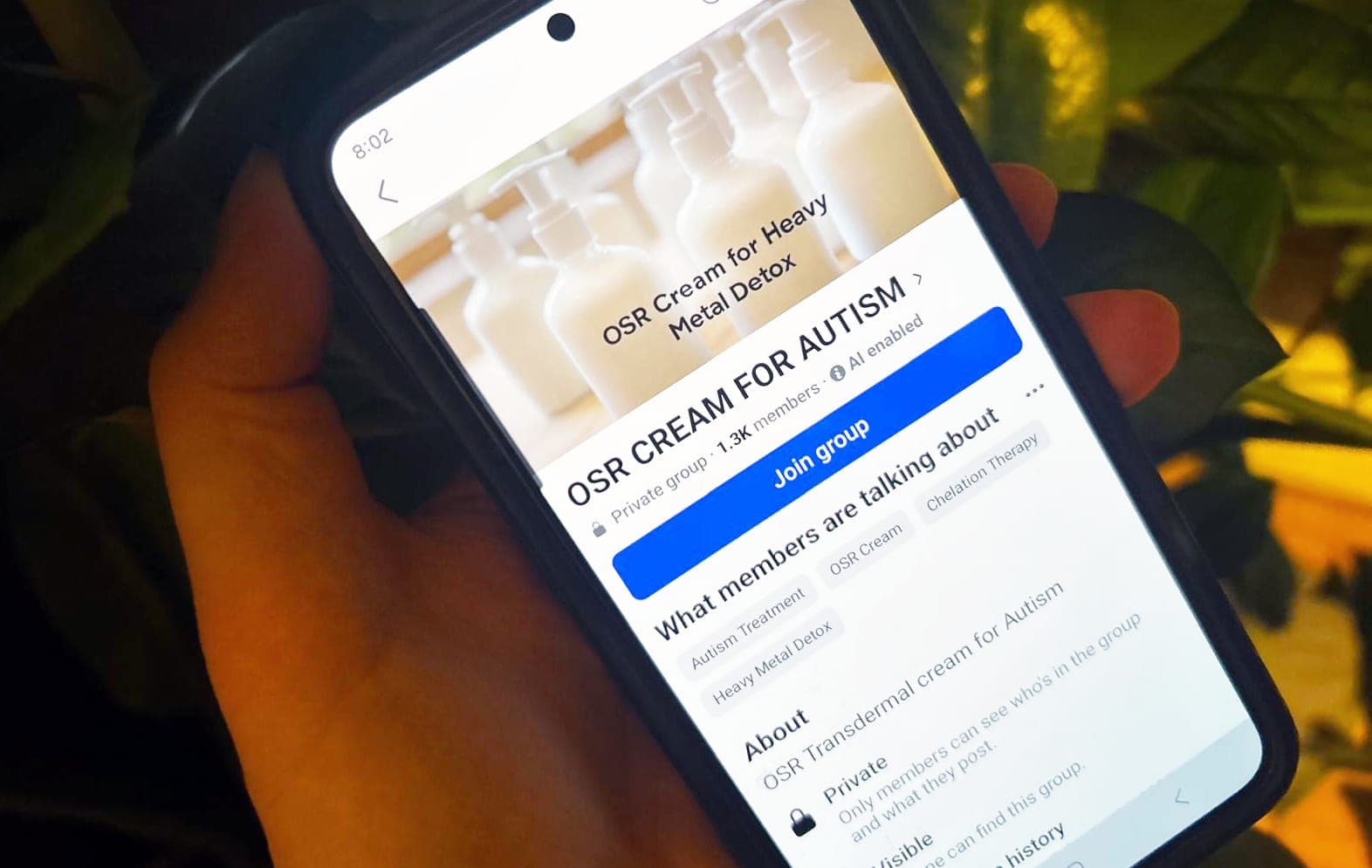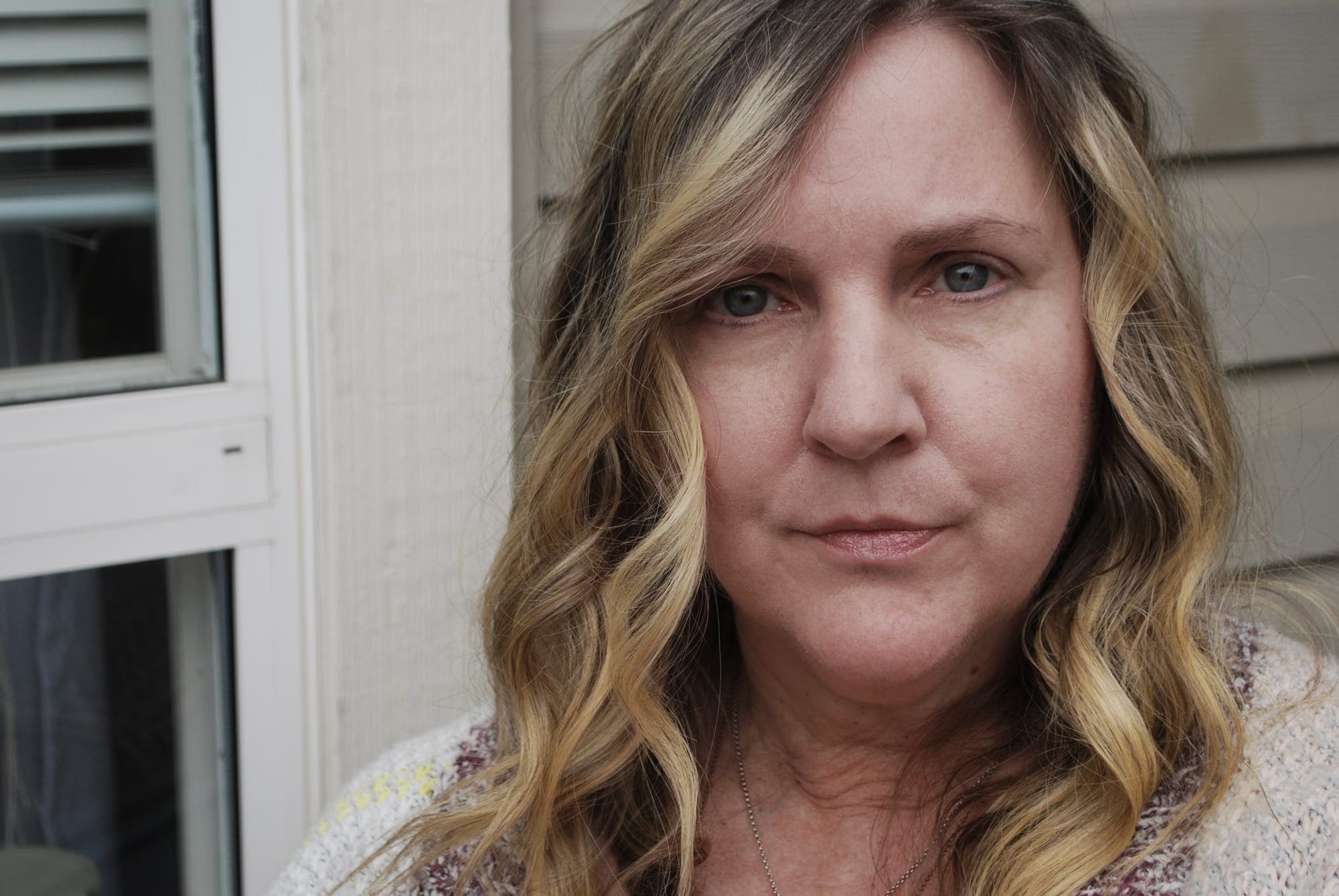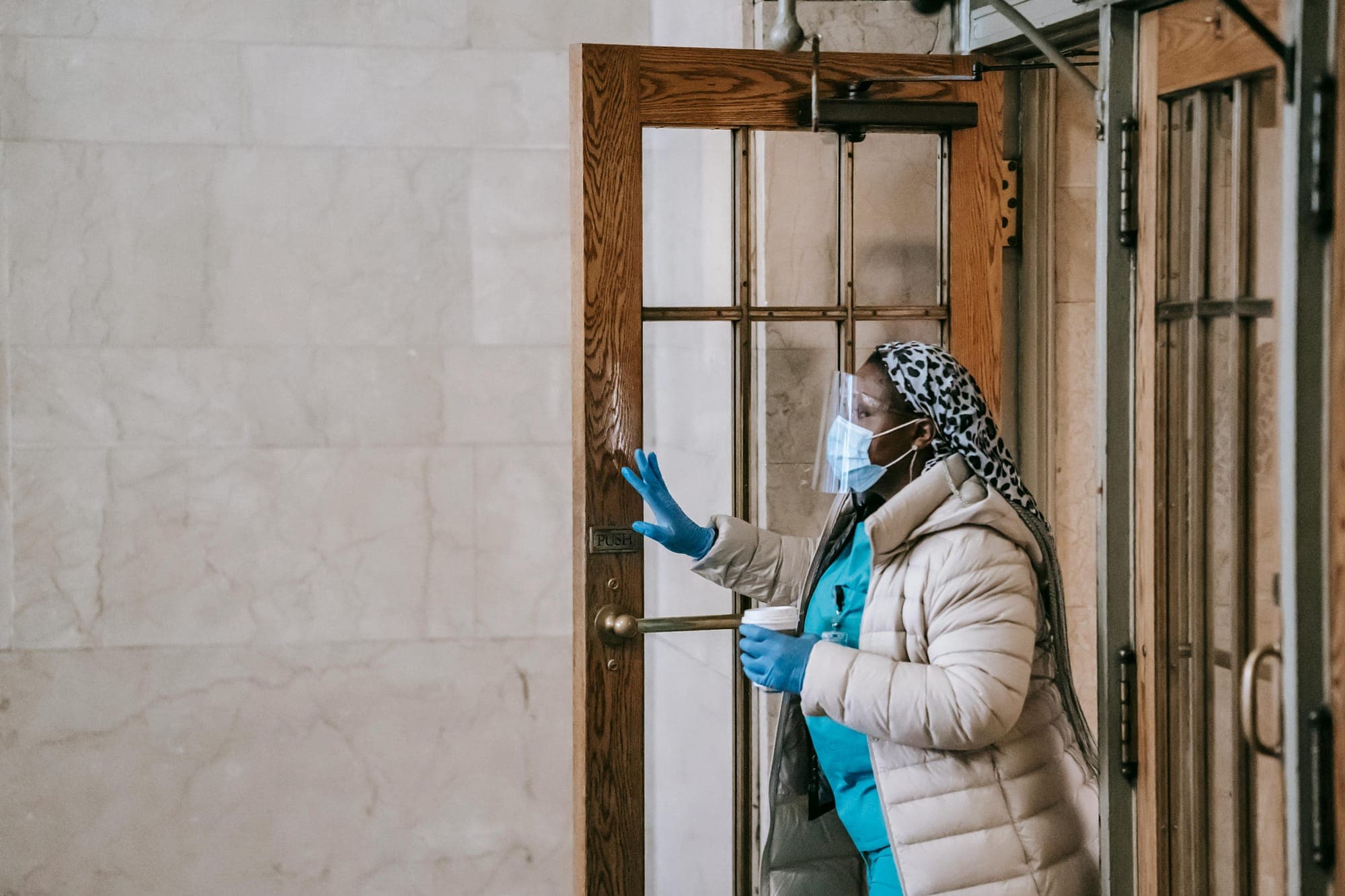
Against Her Will
Kir Anvik is injected every month with a medicine she believes is doing more harm than good. But doctors are forcing her to take it
25 Mar 2024 • 23 min read
Copied to clipboard!


Tori Marlan
Tori is an award-winning B.C.-based reporter with over two decades of experience focused on long-form investigations and features. Before joining the IJF, she was on staff at Capital Daily and the Chicago Reader.
Democracy needs you.
Subscribe today to support independent Canadian journalism.
Dig Deeper
Our databases turn public records into public power. Dig in to find the real story on lobbying, donations, contracts, access to information releases and more.
Search
Related Articles



